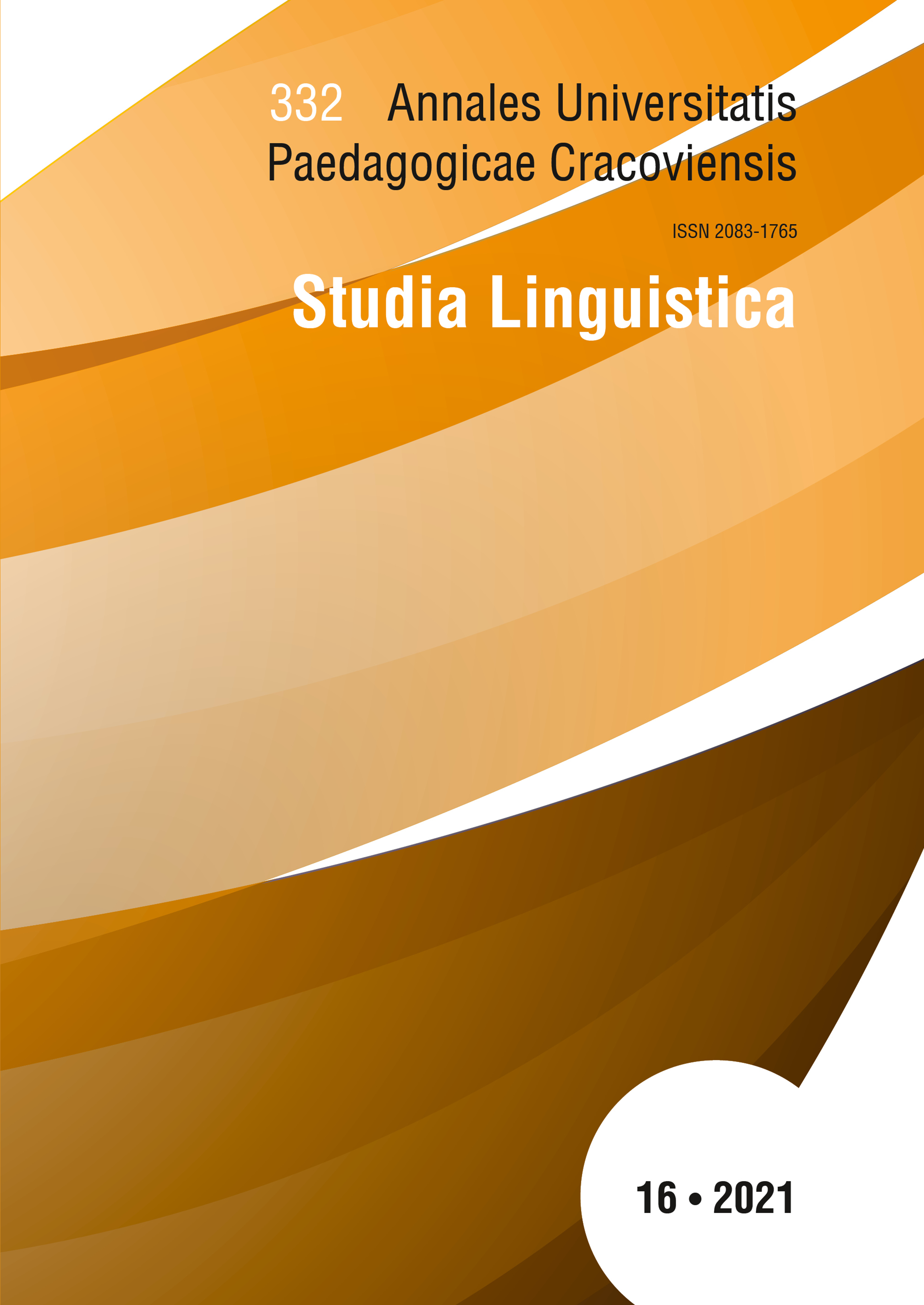Polskie ekwiwalenty greckiego leksemu γάμος w Nowym Testamencie Biblii Leopolity (1561) – swadziebny, gody, wesele – a problem stratyfikacji chronologicznej leksyki tego przekładu
Polish equivalents for the Greek lexeme γάμος in the New Testament of the Leopolita’s Bible (1561) – swadziebny, gody, wesele – and the problem of its lexis chronological stratification
Author(s): Tomasz LisowskiSubject(s): Language and Literature Studies
Published by: Wydawnictwo Uniwersytetu Komisji Edukacji Narodowej w Krakowie
Keywords: chronolexicology; chronological text lexis layers; the Leopolita’s Bible (1561); Renaisance Polish renderings of the New Testament; lexical equivalence; empirical system data; empirical text data
Summary/Abstract: There are same chronological diversified lexis layers In the Bible edited by Jan Leopolita and published in Cracow in 1561. The analysis of Polish equivalents for the Greek lexeme γάμος (or its Latin equivalents in the Vulgate – nuptiae, nuptialis) ‘a marriage, wedding, weddingceremony; plur: a wedding-feast’, i. e. swadziebny, gody, wesele, referring to empirical system and text data, acquired from lexica of the historic Polish and from texts of other Renaissance Polish renderings of the New Testament, proved chronological diversity of the equivalents. The lexeme swadziebny belongs to an older lexis layer, probably representing the lexicon of the former translation, perhaps medieval. The lexeme wesele represents a new lexis layer which may have been introduced into the text by Jan Leopolita, as the effect of his editorial efforts. Chronological status of the lexeme wesele in the analyzed Biblical rendering lexicon is ambiguous. It should be considered as an evidence of an traditional lexis layer. It may have been introduced into the text as a substitute of the lexeme swadziebny.
Journal: Annales Universitatis Paedagogicae Cracoviensis. Studia Linguistica
- Issue Year: 2021
- Issue No: 16
- Page Range: 105-116
- Page Count: 12
- Language: Polish

